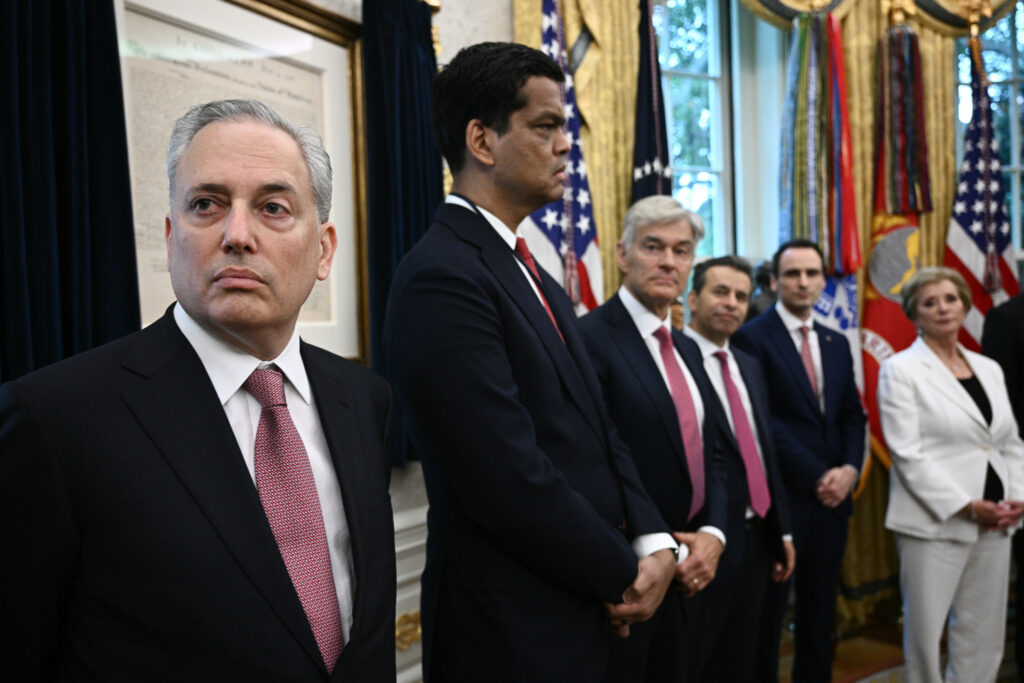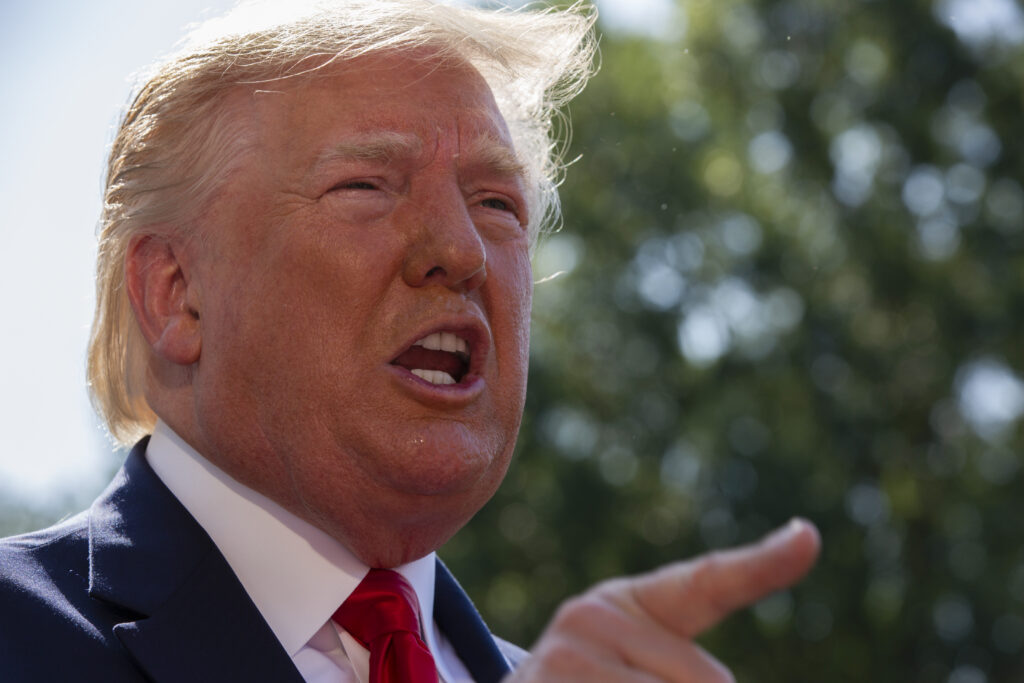Dow, S&P 500 end at records amid talk of Santa rally
Major US stock indices finished at fresh records Wednesday following a shortened pre-holiday session while gold and silver prices also struck fresh highs.Both the Dow and S&P 500 closed at all-time highs, drifting higher consistent with typical holiday season patterns.”It’s a continuation of a market that’s trading at a record high, and I think there’s a little bit of a seasonality bias that’s kicking in here without any upsetting news to alter the trend at the moment,” said Briefing.com analyst Patrick O’Hare.”You have a bullish bias in this market, which is being helped along by the idea that 2026 has the potential to be another good year.”Earlier, in a holiday-shortened trading session, London finished lower, Paris ended the day flat and Frankfurt was closed. Asian markets swung between gains and losses.Gold climbed above $4,500 for the first time and silver topped $72, as investors looked for safe havens amid US military and economic pressure on Venezuela.Geopolitical worries have grown as Washington continues to put pressure on Caracas with a blockade of sanctioned oil vessels sailing to and from Venezuela.Market watchers are hoping for a “Santa Claus” rally in the sleepy period that comprises the last five trading sessions of one year and the first two in the next. The stretch between Christmas and New Year’s Day usually sees markets drift higher amid a dearth of major economic news.”What’s happening right now is we have a very strong setup and then we just need a bullish catalyst and it’ll take off and go,” said Adam Sarhan of 50 Park Investments.The S&P 500’s fresh all-time high on Tuesday came after figures showed the world’s top economy expanded 4.3 percent in the third quarter, the fastest pace in two years and much quicker than expected.The report provided some reassurance to investors about the economic outlook after a string of increasingly weakening jobs data.However, other figures were less upbeat, with a gauge of consumer spending falling for a fifth successive month to its lowest level since February 2021 owing to worries about jobs.- Key figures at around 1830 GMT – New York – Dow: UP 0.6 percent at 48,731.16 (close)New York – S&P 500: UP 0.3 percent at 6,932.05 (close)New York – Nasdaq Composite: UP 0.2 percent at 23,613.31 (close)London – FTSE 100: DOWN 0.2 percent at 9,870.68 (close)Paris – CAC 40: FLAT at 8,103.58 (close)Frankfurt – DAX: Closed Tokyo – Nikkei 225: DOWN 0.1 percent at 50,344.10 (close)Hong Kong – Hang Seng Index: UP 0.2 percent at 25,818.93 (close)Shanghai – Composite: UP 0.5 percent at 3,940.95 (close)Dollar/yen: DOWN at 155.98 yen from 156.23 yen on TuesdayEuro/dollar: DOWN $1.1781 from $1.1795Pound/dollar: DOWN at $1.3501 from $1.3518Euro/pound: FLAT at 87.25 penceWest Texas Intermediate: DOWN 0.1 percent at $58.35 per barrel (close)Brent North Sea Crude: UP 0.2 percent at $62.00 per barrelburs-jmb/md









